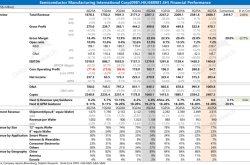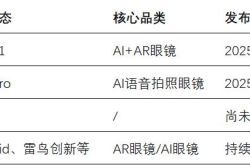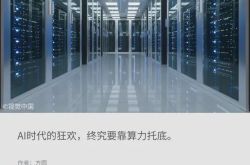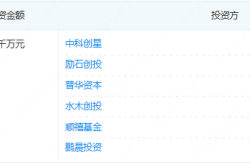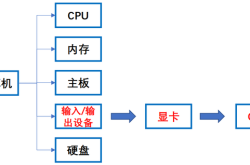Weekly Stock Review | Chery Makes Dream Debut on HKEX
![]() 09/28 2025
09/28 2025
![]() 729
729
Weekly Automotive Stock Review: Observing Varied Market Trends
As September nears its end, the A-share market, hovering around the 3,800-point mark, remains at a historic peak. Despite persistent market volatility, the long-term outlook remains upbeat.
By Friday's market close, trading volumes in both the Shanghai and Shenzhen markets saw a slight decline. The Shanghai Composite Index fell by 0.65% to 3,828.11 points, the Shenzhen Component Index dropped 1.76% to 13,209.00 points, and the ChiNext Index tumbled 2.60% to 3,151.53 points. The combined trading volume for both markets reached 2.1469 trillion yuan, marking a 9% decrease from the previous day but still exceeding the 2 trillion yuan threshold.
As the holiday season approaches, the reflux of funds is a common phenomenon. On Friday, net outflows of main funds surged to 100 billion yuan, an increase from the previous day. This outflow led to a minor market downturn, with over 3,400 stocks declining and 25 stocks hitting their daily limit down.
However, short-term market fluctuations do not detract from the long-term potential of sectors like the new energy vehicle market, which remains highly promising.
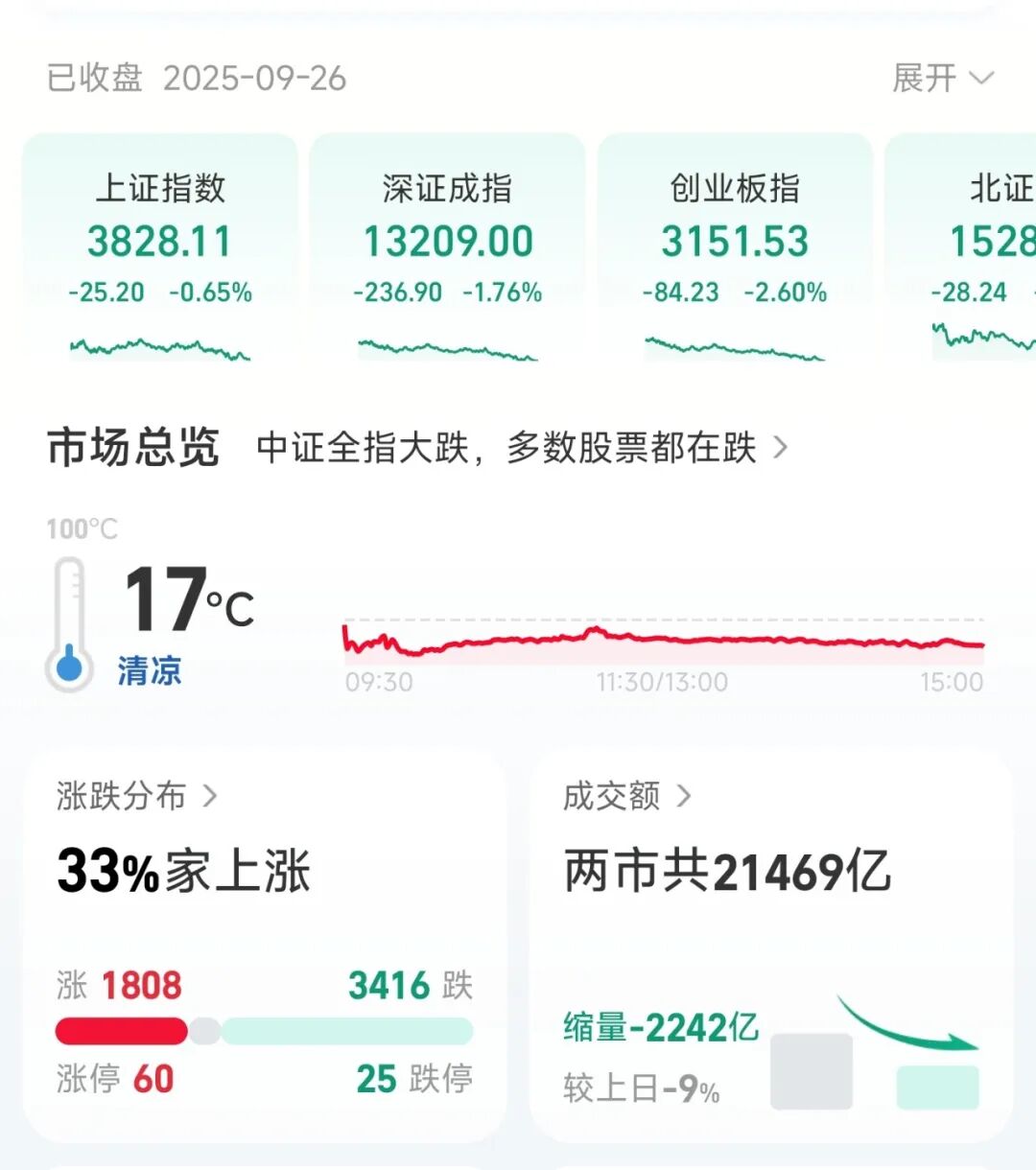
On Monday, a spokesperson for Berkshire Hathaway confirmed that all BYD shares had indeed been sold. From 2008, when Berkshire Hathaway first began purchasing BYD shares on the HKEX, to this year, after a 17-year holding period, Warren Buffett, the 'Oracle of Omaha,' has finally divested his entire stake in BYD.
Buffett's investment in BYD proved to be highly successful. Initially, he invested 1.8 billion Hong Kong dollars to acquire 225 million BYD shares at 8 Hong Kong dollars each. After seventeen years of patient investment, he realized a return of 8 billion Hong Kong dollars, yielding an investment return rate as high as 3,890% and an annualized return rate exceeding 20%.
Buffett has always attributed his investment in BYD to his late partner, Charlie Munger, stating that Munger convinced him to invest and describing Wang Chuanfu as 'even greater than Edison.' Of course, these anecdotes are difficult to verify.
What is certain is that Buffett began reducing his stake in BYD in 2022. For the previous fourteen years, Buffett had been a significant investor in BYD. On August 30, 2022, Buffett made his first reduction in BYD shares, selling 1.33 million shares at 277 Hong Kong dollars each, and cashing out over 300 million Hong Kong dollars.
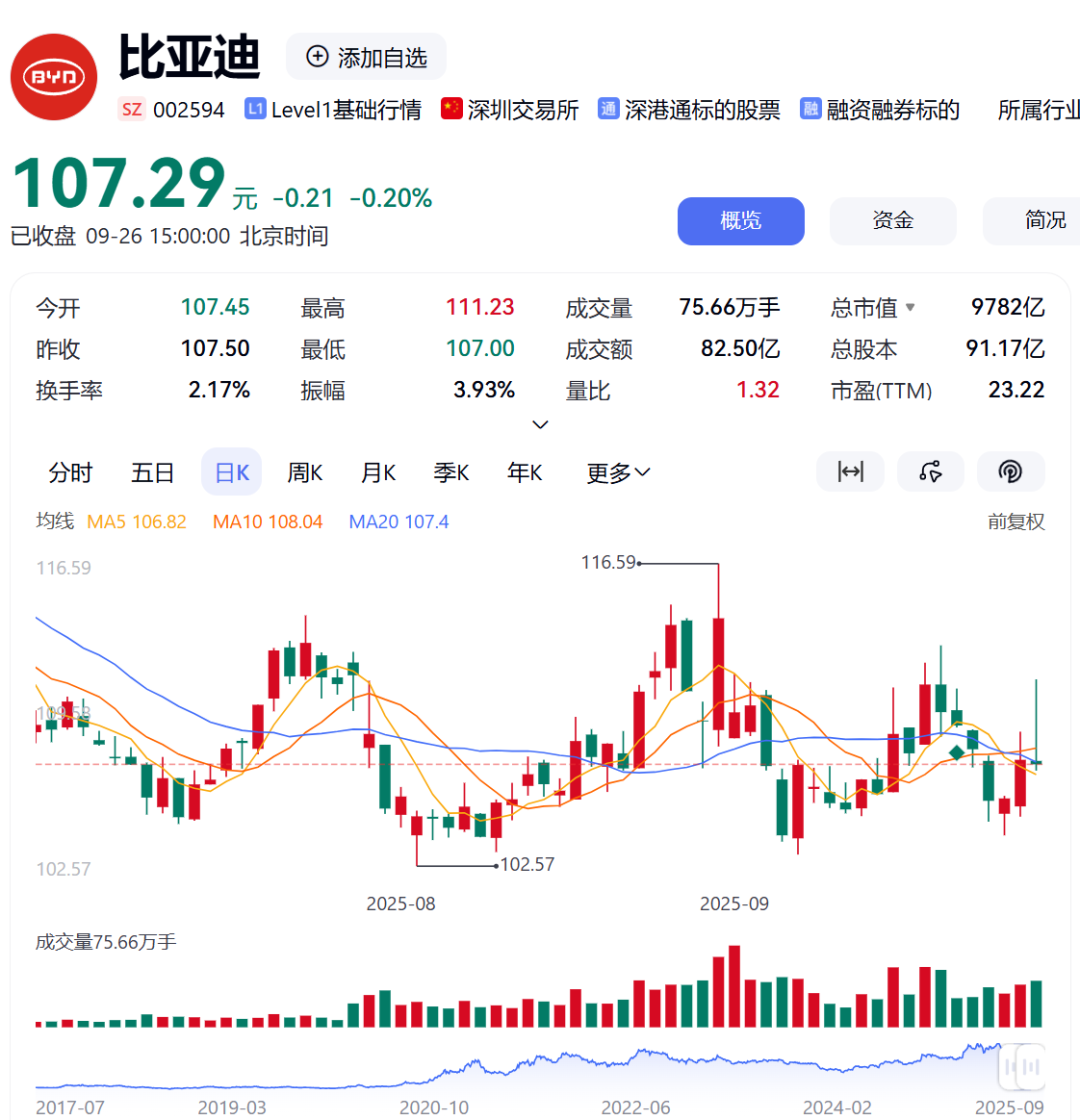
By the time Charlie Munger passed away in 2023, Buffett's stake in BYD had been reduced to 50 million shares, with his shareholding ratio dropping below 5%, thus no longer requiring disclosure by the Hong Kong Stock Exchange.
From an investment perspective, Buffett's decision to reduce his stake was driven by safety considerations. Over the past decade, the new energy vehicle industry has witnessed rapid growth, with BYD transforming from a marginal automaker to a leading new energy enterprise. This rapid growth validates Buffett's forward-looking investment strategy.
Now, divesting his holdings represents a rational investment decision. As an industry faces greater volatility, risks increase. Meanwhile, from a capital perspective, the new energy vehicle industry has transitioned from an emerging to a mature sector, with limited potential for explosive growth, especially for automakers of BYD's scale.
However, Buffett's reduction does not imply a bleak outlook for the new energy vehicle industry. The capital market remains optimistic about China's new energy sector. This Thursday, after a two-decade journey, Chery Automobile finally succeeded in listing on the HKEX, marking the year's largest automaker IPO on the exchange. Futu data reveals that Chery's dark pool trading once surged nearly 14%, ultimately closing up 8.55% at 33.38 Hong Kong dollars per share.
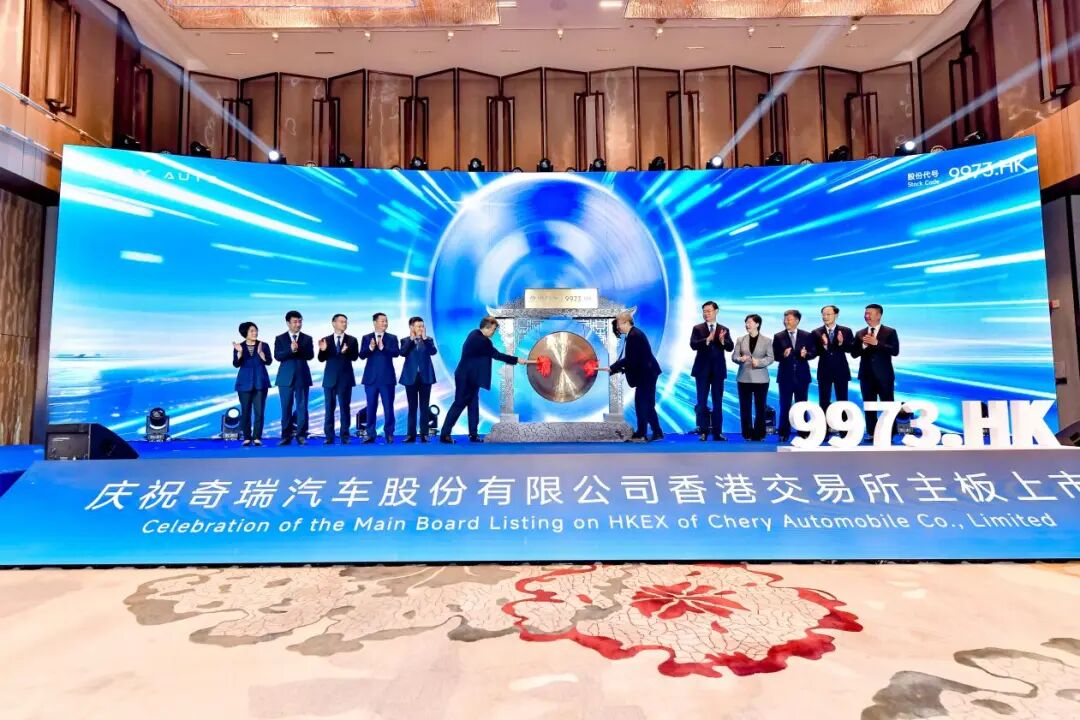
By Friday's market close, Chery's HKEX stock price had settled at 32.8 Hong Kong dollars per share, up 2.76%, with a market capitalization exceeding 189.2 billion Hong Kong dollars. While preparing for its HKEX listing, Chery also unveiled a flurry of new car models, launching three this week alone: the iCAR Super V23, Jetour X70L, and Ruixiang 9X. Throughout September, even more models were released, including the pre-sale priced 400,000-yuan Zongheng G700, showcasing Chery's comprehensive layout across multiple price segments.
Chery's listing serves two main purposes. Firstly, it completes a crucial piece of its globalization strategy. As China's top automotive exporter, Chery's overseas布局 (layout) far surpasses that of other automakers, with overseas sales consistently accounting for over 40% of its total. Its international influence already exceeds its domestic market presence, making it a true export leader.
Secondly, going public resolves Chery's long-standing issue of a complex pre-listing ownership structure, a significant outcome of state-owned enterprise reform. By streamlining its mixed-ownership shares, Chery enhances internal management efficiency.
For automakers, going public is just the beginning; true importance lies in market competitiveness. The emergence of a blockbuster product can rapidly stimulate stock price growth.
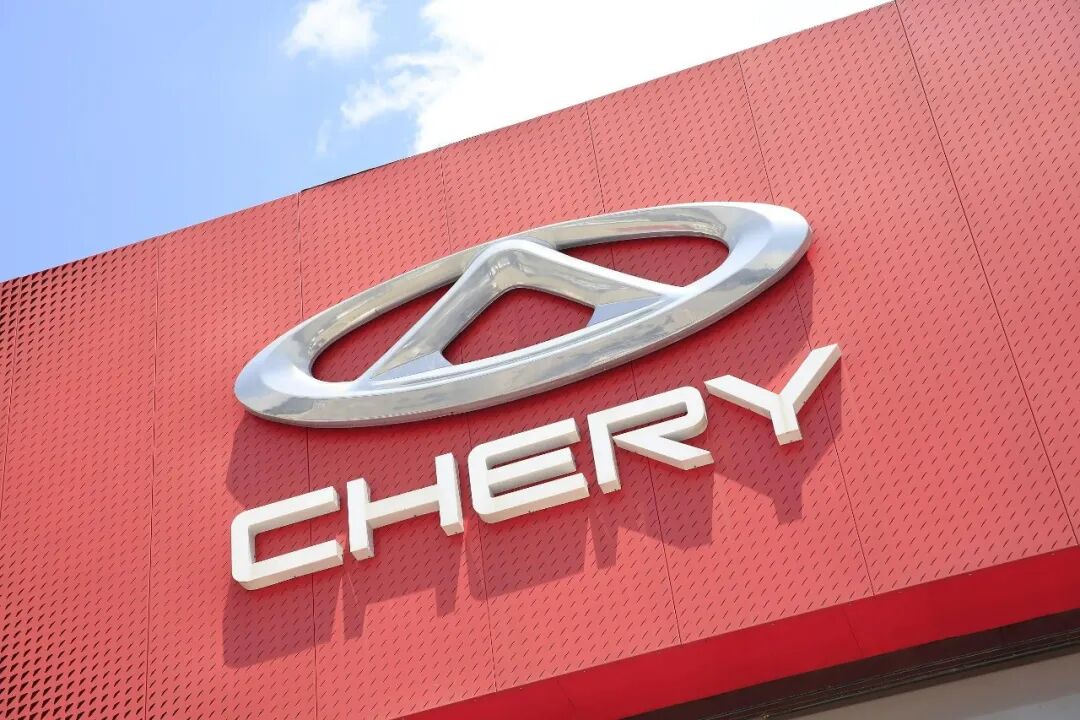
On Tuesday, Typhoon Hagibis disrupted the launch event for the AITO M7, but it did not affect the market performance of this highly anticipated product. Priced starting at 279,800 yuan, the AITO M7 became a new bestseller, securing over 10,000 reservations within five minutes of launch and exceeding 40,000 reservations within 24 hours, continuing the success of the AITO M9 and M8.
Simultaneously, in the capital market, Seres' stock price surged, continuously reaching new highs. On September 24, it rose 0.95%; on September 25, it increased 3.7%; and on September 26, it climbed 5.77%. By Friday's market close, the stock price reached a high of 157.22 yuan, with a weekly increase exceeding 10%.
Of course, where there are successful product launches, there are also those with adverse effects. On September 25, Xiaomi founder Lei Jun delivered his annual speech. Besides sharing stories behind chip development and automobile manufacturing, he prematurely unveiled the annual flagship smartphone, the Xiaomi 17.
According to rumors, confidentiality issues forced Xiaomi to advance the Xiaomi 17's launch. Naturally, the Xiaomi 17's debut generated significant buzz, as Xiaomi skipped the Xiaomi 16 and directly positioned itself to compete head-on with Apple, aiming to surpass it in the high-end market.
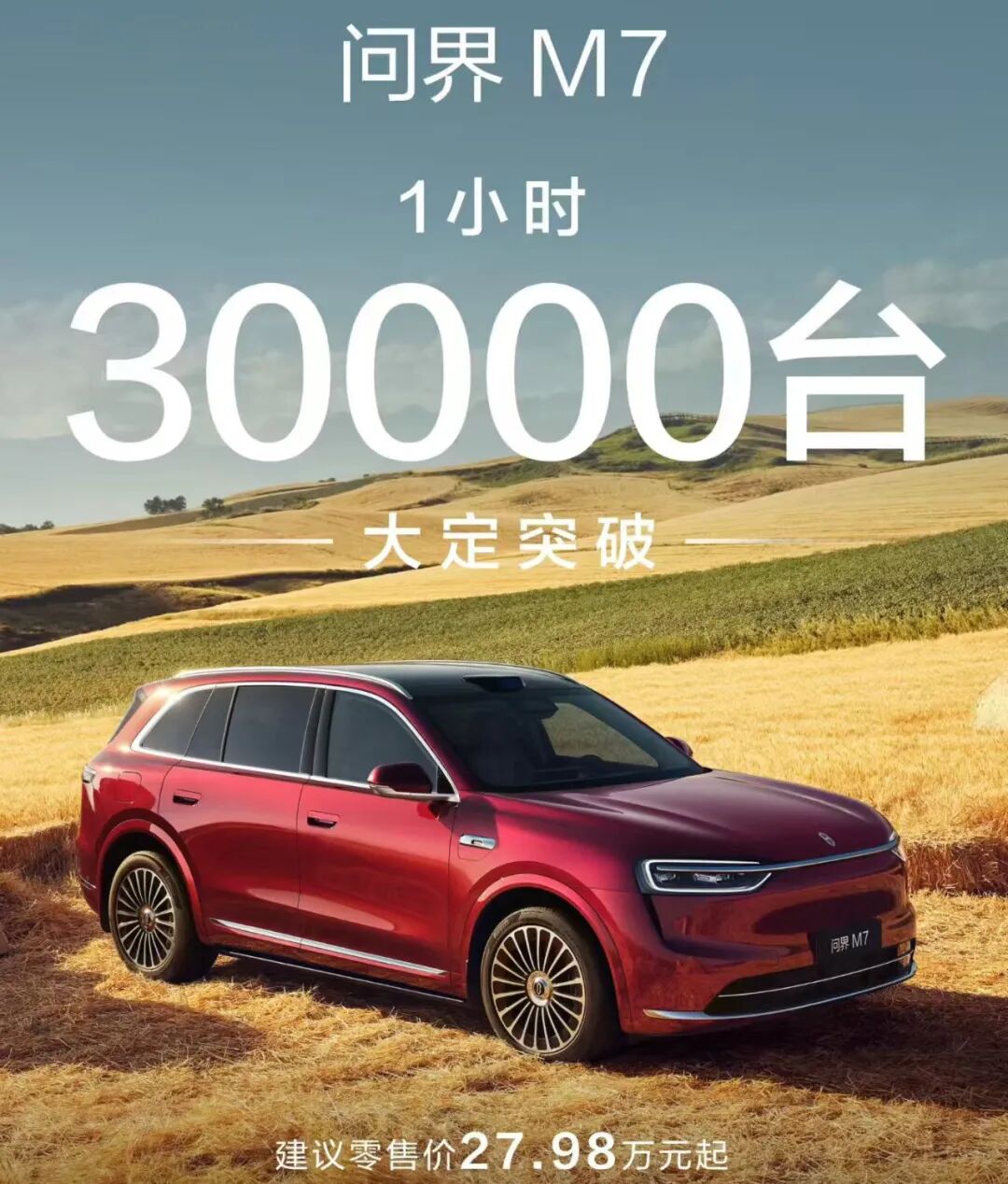
From naming conventions to product design, Xiaomi seized every opportunity for comparison, reflecting its precise grasp of internet traffic dynamics. Provoking comparisons to gain attention and traffic has been a long-standing strategy.
Of course, Lei Jun's annual speech would not be complete without mentioning automobiles. Despite production capacity constraints, Xiaomi Automobile introduced official customization services, limited to 40 vehicles per month, currently available only for the YU7 Max and SU7 Ultra models, with customization options starting at 100,000 yuan.
Conservatively estimated, this service alone could increase Xiaomi's annual revenue by over 48 million yuan without expanding production capacity.
Interestingly, Xiaomi not only positioned its smartphones against Apple but also outperformed Apple's iPhone 17 launch in stock market performance, achieving a comprehensive surpass of the iPhone 17.

On September 10, following the iPhone 17's launch, Apple's stock price plummeted 3.23%, closing at 226.790 dollars per share. On September 26, after the Xiaomi 17's launch, Xiaomi's HKEX stock price dropped 8.07%, closing at 54.650 Hong Kong dollars per share, more than double Apple's decline.
Lei Jun's theme for this year is 'change,' and Xiaomi has indeed undergone transformations. From entering the automobile manufacturing industry, Xiaomi has disrupted the new energy vehicle market, achieving record-breaking orders and delivery speeds, proving the development potential of China's automotive industry.
On the other hand, Xiaomi persists in certain unchanging directions. After ten years of smartphone manufacturing, it still feels the need to compare itself with Apple, much like how it compares its cars with Porsche and Tesla. The market has seen enough comparisons and desires to see Xiaomi be itself, rather than annually surpassing so-called rivals.
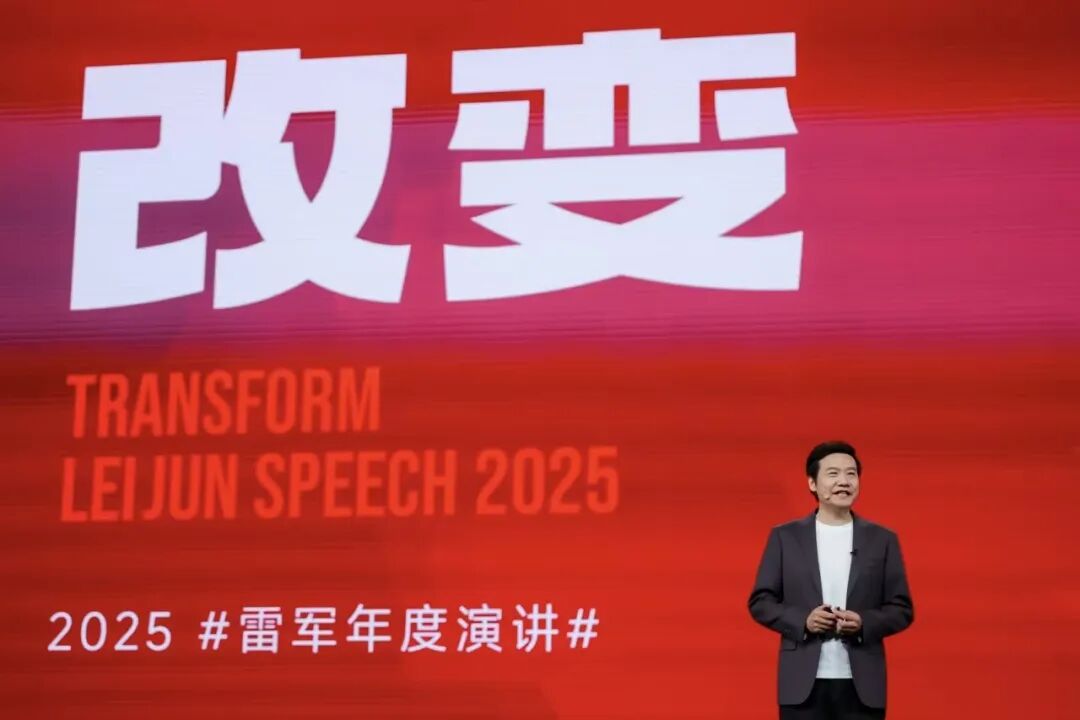
The capital market's response reflects its evaluation of the new products. While it may not significantly impact Xiaomi's sales, much like how Apple remains a bestseller, the market seeks to see genuine change and innovation from Xiaomi.
However, from another perspective, most market feedback may not always be correct. When Buffett bought BYD shares at 8 Hong Kong dollars, no one anticipated the stock price would rise above 100 Hong Kong dollars. As truth often lies with the minority, predicting stock price changes is challenging. In summary, the stock market carries risks, and investment requires caution.
Note: Image sources are from the internet. If there is any infringement, please contact us for removal.
-END-

